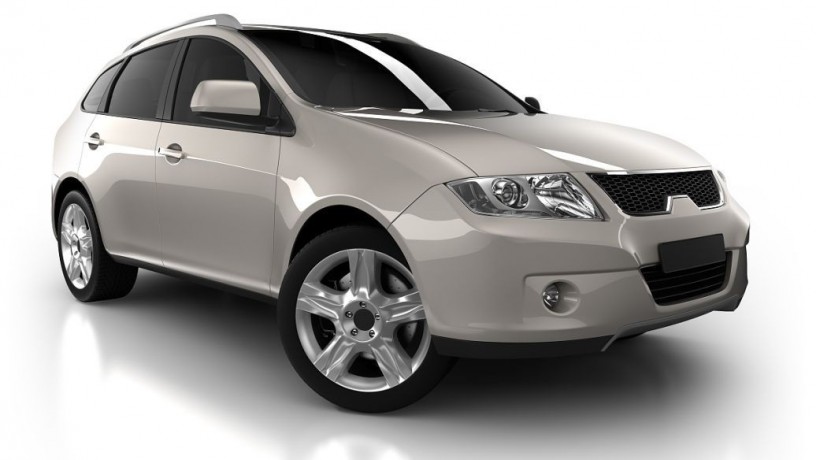Why we have a love-hate relationship with electric scooters
Dec 17th, 2021 at 10:10 Automobiles Battagram 282 viewsWhy we have a love-hate relationship with electric scooters
Some cities are rolling out ambitious electric scooter sharing schemes, while others have banned them outright. Just how green, and how safe, are e-scooters?
You might have started seeing more of them on streets and in parks, gliding past you with a faint electric hum. As lockdowns lift and people avoid public transport, e-scooters – stand-up, electrically powered scooters – are becoming more popular.
The easing of lockdowns has highlighted the importance of individual, emission-free, socially distanced transport as governments try to prevent spikes in car use and pollution. But the story of e-scooters is one of both a popular tech gadget and a contentious form of transport. While they offer a seemingly fun and environmentally friendly option for short journeys, a range of questions about their safety and sustainability have emerged in the past two years.
So how did e-scooters go from risky tech novelty to a green travel solution for the coronavirus recovery? And are they really so good for the planet?
E-scooters have been available to privately buy for over a decade but many remain prohibitively expensive. It took the affordable, accessible option of shared, dockless models – which can be rented by the minute using a smartphone app – for their popularity to skyrocket. In 2018, shared e-scooter startups Bird and Lime rapidly introduced them to US cities (sometimes without permission). Soon after, the companies – along with a proliferation of other startups, including European-based Voi and Tier – began to rapidly expand across cities internationally.
Now, e-scooter sharing schemes are available in more than 100 cities, across at least 20 countries, from Chile to South Korea to New Zealand – although Europe and the US continue to dominate in terms of use. Research suggests that by 2024, 4.6 million shared e-scooters will be in operation worldwide, up from 774,000 in 2019.
But with the rise of e-scooters has been the rise of related accidents – some of them fatal. On pavements, e-scooters pose dangers to pedestrians and wheelchair users – and particularly people who are blind and partially sighted. But using the scooters on roads without sufficient infrastructure such as cycle lanes is also risky, especially due to lack of regulations. Even when not in use, e-scooters can be hazardous: most sharing services are dockless, resulting in scooters being discarded on footpaths, causing obstructions.
Is Citycoco Legal in European Countries
Citycoco is a Harley style electric scooter with unique shape and strong performance, which is becoming more and more popular. Many buyers will have a question before placing an order, is Citycoco legal in my country? Can it ride on the road?
Different countries in Europe have different regulations for citycoco. So you need to comply with these regulations to make it legal to ride a city coco scooter
We checked the regulations of some European countries on whether citycoco Harley scooters can legally ride on the road.






















